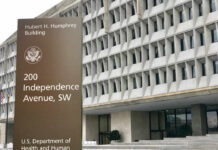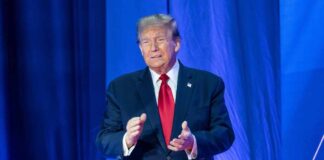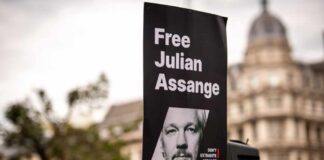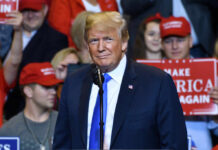
According to a report, Silicon Valley Bank (SVB), a beloved bank among venture capitalists and tech companies, is to be auctioned off amid fears of another financial crisis in Washington.
While the depositor accounts are guaranteed up to $250,000 per account holder, large depositors are expected to face significant losses.
SVB’s stockholders and creditors are also expected to suffer major losses due to the bank’s significant holdings in low-interest Treasury bonds and mortgage-backed securities, contributing to its demise.
After the auction, the big losers will be the large depositors, primarily companies that keep money in their checking accounts for expenses such as payroll. They are expected to incur significant losses. Some may even go bankrupt as they struggle to secure financing.
There are increasing calls for the federal government to bail out all depositors affected by SVB’s demise. However, this demand seems to be based on emotions and does not meet the criteria for a bailout based on systemic risk, which is required for approval from the Federal Reserve Board.
Sheila Bair, former head of the FDIC, shared on NBC’s “Meet the Press” that she believes it will be difficult to argue that the bank’s collapse is systemic in nature. While the bank’s failure may lead to losses for its shareholders and some companies with uninsured deposits, it is not expected to trigger economic problems at the level of the 2008 crisis, according to Anil Kashyap, a professor at the University of Chicago’s Booth School of Business.
Kashyap pointed out that the bank was poorly managed, and its collapse does not indicate a core financial system failure. He added, “It may be a little messy. But that’s different than if you have somebody at the core of the financial system stop making payments to somebody else at the core of the system, and then the core implodes.”
The functioning of capitalism and free markets can be chaotic at times. It is best when competent leaders are in charge, but even with inadequate management, it still manages to survive.
Whoa! Here it is. The moment in 2018 when Donald Trump removed the Dodd-Frank regulations that would have prevented the Silicon Valley Bank collapse. Don’t let anyone forget this. pic.twitter.com/3ccLFMWH2o
— MeidasTouch (@MeidasTouch) March 12, 2023
If the government decided to guarantee all bank deposits, it would result in two predictable outcomes. Firstly, stockholders and creditors would be safeguarded. Secondly, the government would assume a more active role in managing banks, with all the accompanying implications.
















